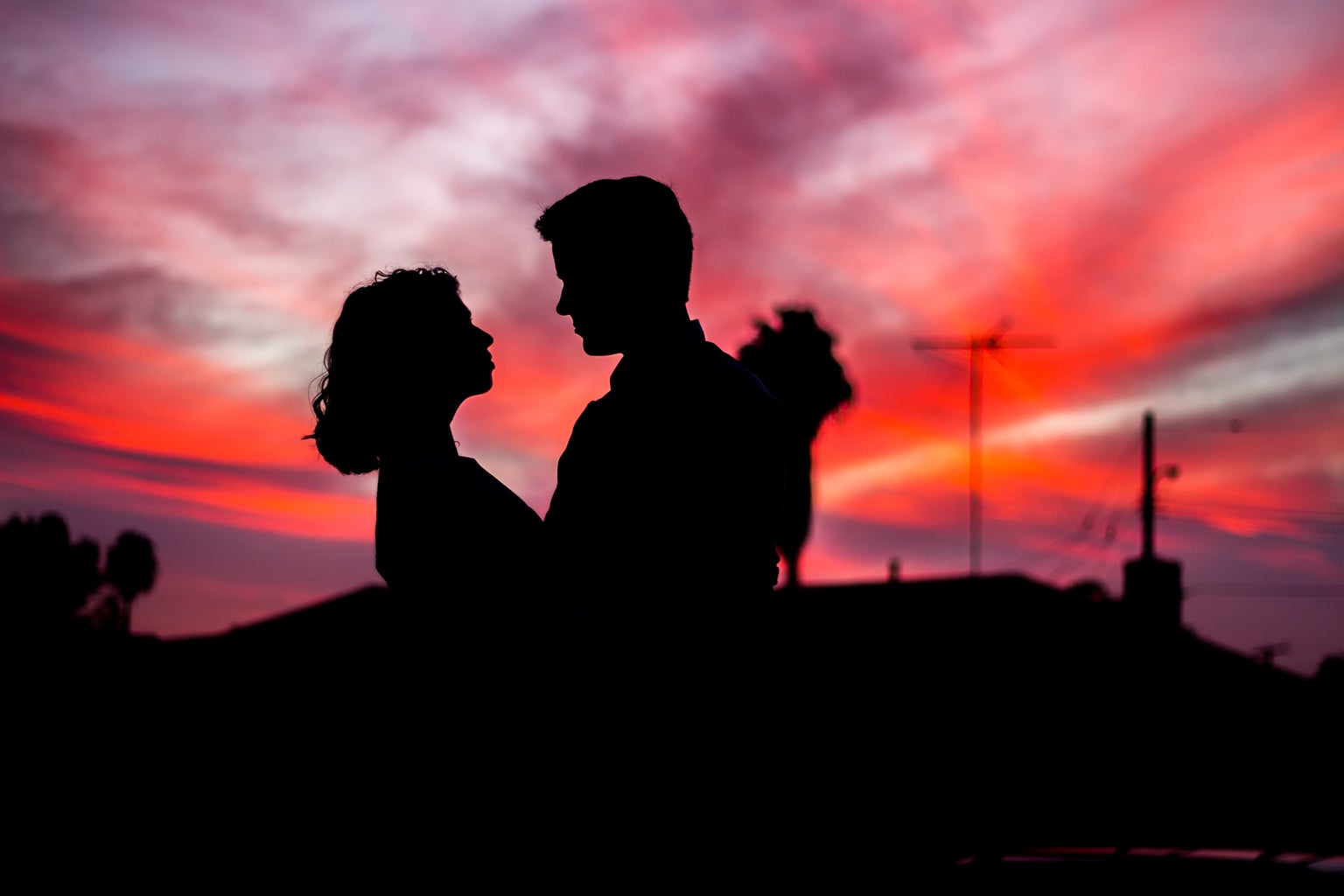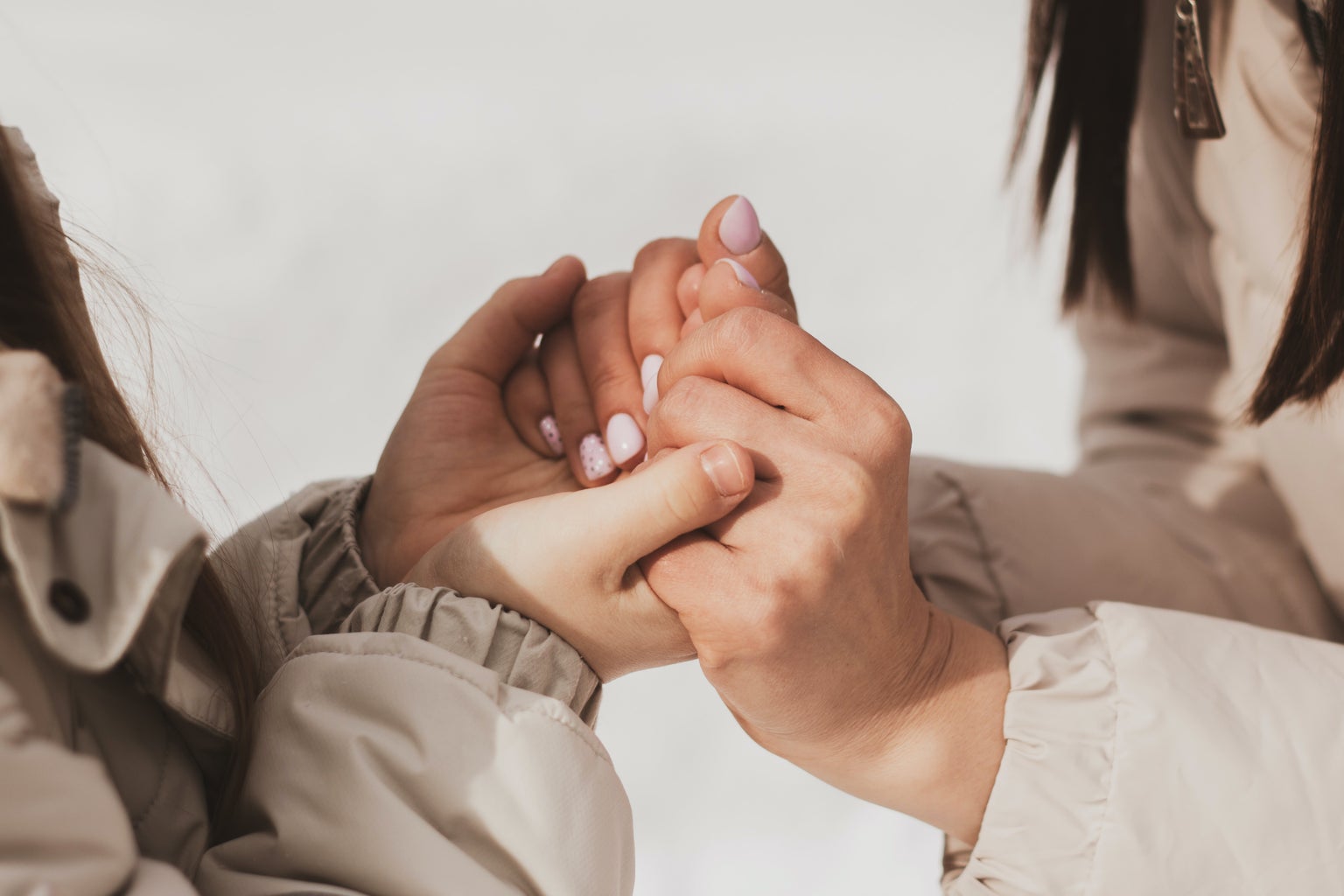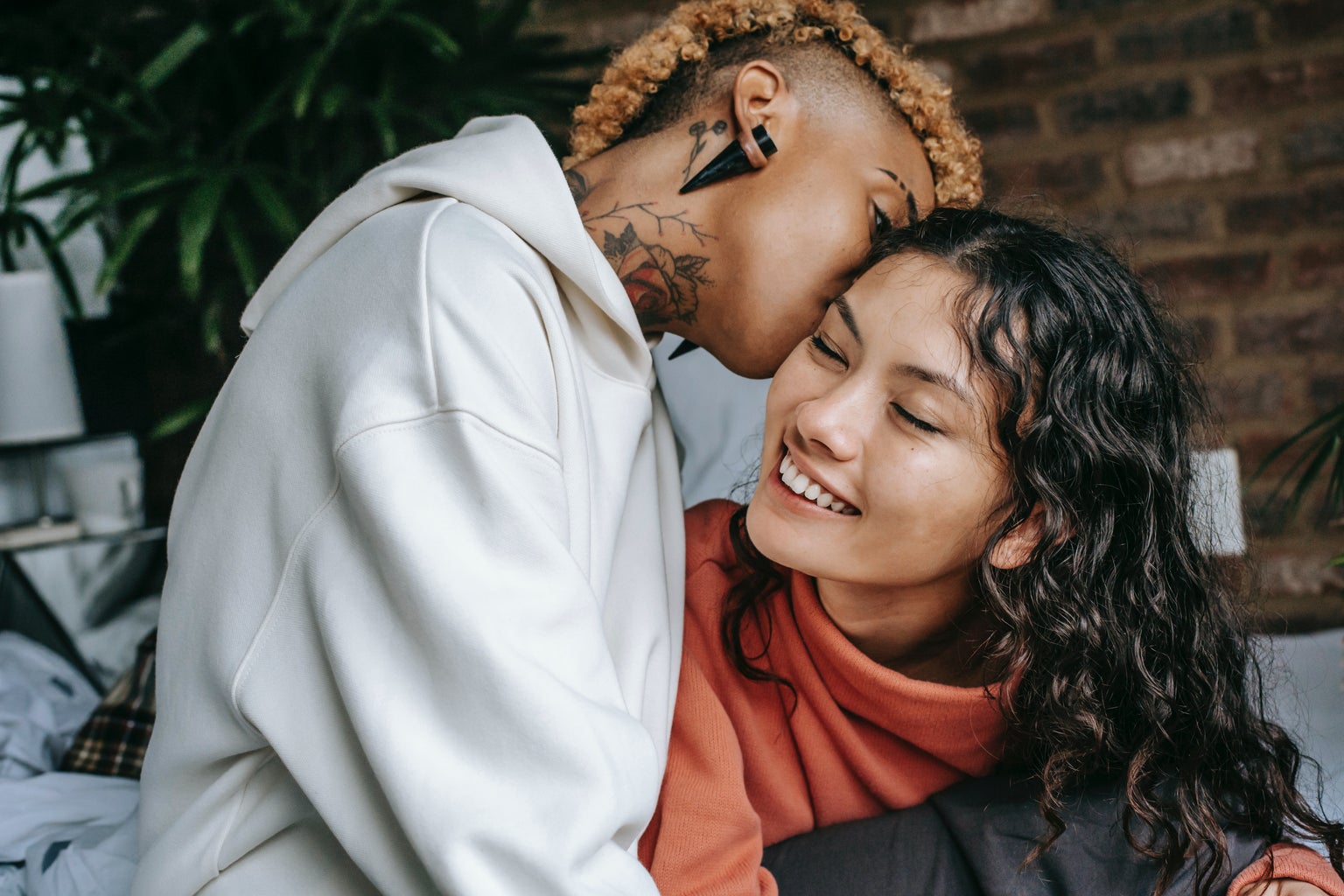If you can read this question and already know the answer, I’m jealous.
I can confidently say that I have never been romantically in love. Although I love my friends and family to death, I have no idea whether this big, romantic, and consuming love that people keep talking about actually exists. So what even is love? I’m sure we all have an idea about what love is. We all know of the idea of love—how it’s basically the best thing in the whole world and how it’s more powerful than any force that science could ever come up with. Sure. So what does science say about love?
Barbara Fredrickson, a researcher at the University of North Carolina at Chapel Hill, wrote a book about it: Love 2.0. In this book—spoiler—she unravels the mechanisms from which we feel love, how we fall in love, and how this all-overpowering love the media talks about came to be.
Love on the brain
So this will start out very unromantic, but I swear it’s really cool. When we reduce love to its most basic parts, it’s just chemicals, right? A bunch of biochemical reactions in your brain, some hormones being released, some neurones firing, leading us to feel love. That’s it? Sort of, but there is a bit more to it. First, did you know that love can be co-experienced? When two people co-experience love, they are said to be “on the same wavelength” or “vibing.” Basically, these biochemical reactions can synch up. Think about the last time you felt the emotion of love, maybe on a date or when you were cuddling with someone special; chances are whatever was happening in your brain in that situation was also happening in the other person’s brain. Second, I want to make a clear distinction between the big idea of love we all have heard of and the emotion of love itself.
Can´t help Falling in love
So, you can experience love as an emotion within a given situation, just like any other emotion. However, experiencing situational love will not make you feel the type of love songs are written about. Let’s say you went on that date and felt like you and the other person were getting along well. Would you say you’re in love?
I’ll put this differently: You meet someone, and after some time, you get intimate with that person, physically, emotionally, mentally, it doesn’t matter. What is important, is that this is the first or second time you connected with that person this intensely. If so, you might have thought, “I love you.” Of course, this is a bit extreme—and I have to admit this has only happened to me once after having sex. The point is, you might have felt a love-like connection with that person. However, after that moment passed, would you say you are in love? Probably not. Even though you might have felt the emotion of love, and your biochemical brain processes might have synched up, you know you are not “in love”.
So, how do we fall in love? Imagine you want to get fit and build muscle. Going to the gym once will not significantly change your appearance. Going for three weeks might give you some results, but they might go away again if you don’t continue going. After a few months, however, you might start seeing a significant difference in your fitness. Falling in love is similar. Experiencing love for someone once will not make you love them. However, co-experiencing love over and over again with this person will, ultimately, make you love the person. So falling in love really is experiencing little micro-moments of love when spending time with your person. All these moments together will create this beautiful love you feel by just thinking about them or hearing their voice. Just like building muscles and a fit body, falling in love is a process, and it takes time.
LOVING SOMEONE
So you fell in love, now what?
If you have arrived at this point, you should start to understand this huge idea of love the media keeps telling us about. The love that persists outside of these moments where you co-experience love, apparently, is the type of love that everyone is writing poems about. At this point, I can no longer speak from experience.
Loving someone is not like a certificate you get once, and then you are in love forever. Just like continuously nourishing your body and working out will keep your body fit, continuously co-experiencing little moments of love will keep this big love you can feel for someone alive.
So, what even is love?
For one, it’s an emotion you can experience in different situations with different people. However, experiencing the emotion itself does not make you love someone. The love we refer to when we say, “I love you” needs time to build up and arises from several moments of co-experiencing love with another person.




